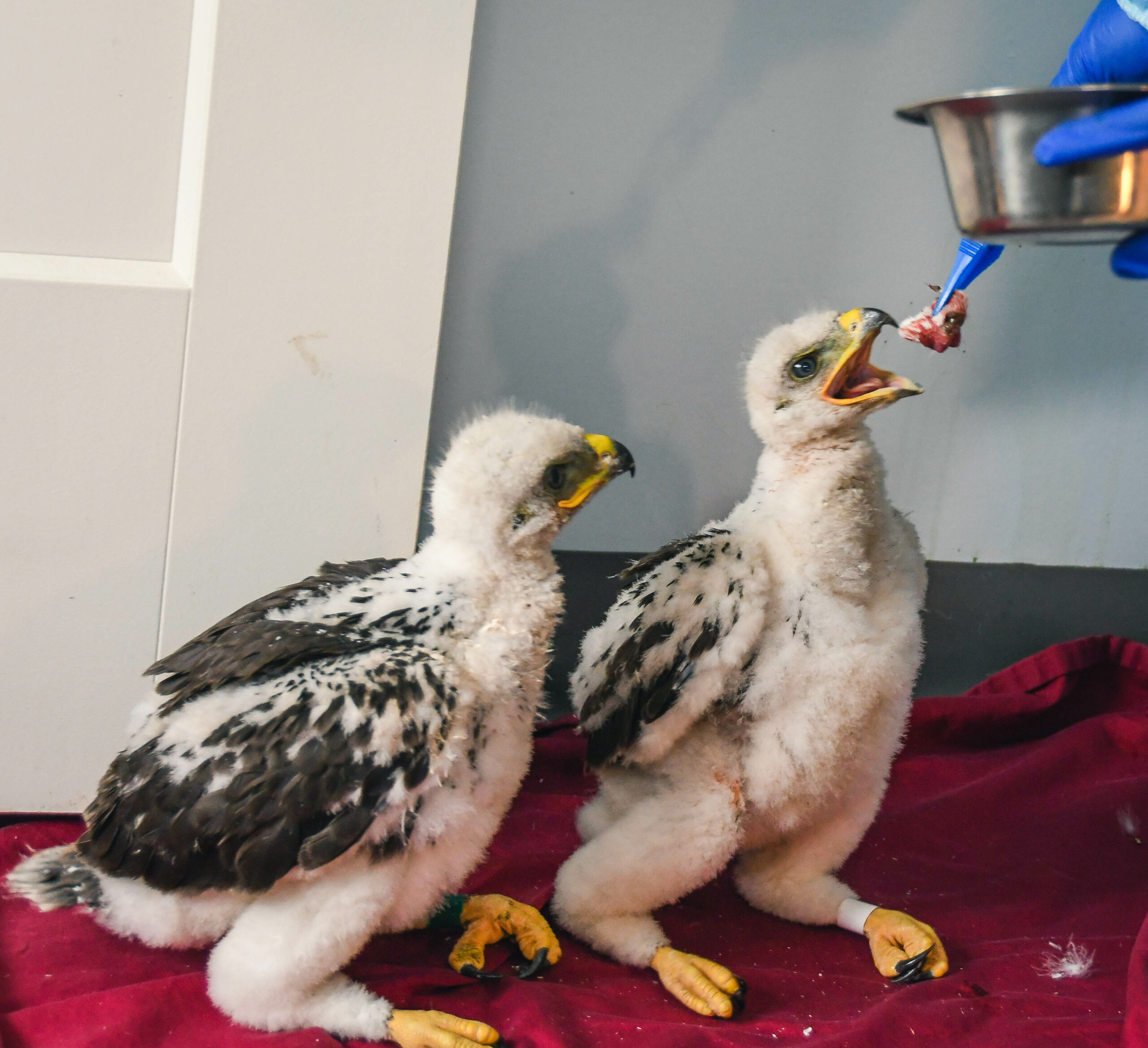World Breastfeeding Week took place from August 1st-7th this year, and was intended to bring awareness to the benefits of breastfeeding your child. Women choose to breastfeed their children for a number of reasons, some of which include providing an abundance of natural immunity, ensuring their child receives all of the nutrients they require for healthy growth and development, and for the bonding that takes place between mother and child. In a perfect world, breastfeeding would come naturally for both mother and child however; there are instances where no matter how hard you try, breastfeeding becomes a difficult, if not impossible feat. Although there are many reason as to why breastfeeding can be difficult, in some cases infants are unable to breastfeed due to a developmental condition known as Ankyloglossia.
More commonly known as tongue-tie, ankyloglossia is an abnormality that affects the tissue located underneath the tongue. The tissue – called a lingual frenulum – is either too short, too thick, or it is too tight. This causes a restriction in the movement of the tongue and prevents the infant from having the ability to perform the natural suckling necessary for proper a latch. Approximately 4% of children are born with ankyloglossia.
Symptoms of Tongue-Tie
One of the more obvious symptoms of a tongue-tied infant is the shape of their tongue. An infant with tongue-tie may have a heart-shaped tongue or the tip of the tongue will look flat, rather than pointy when extended.
Other symptoms include:
• The tongue will not extend out past the lips
• The tongue will not touch inside the roof of the mouth
• The infant cannot move their tongue side-to-side towards the corners of the mouth
• There is a distinctive “clicking” sound when breastfeeding
• Fussiness during feeding
• Milk spilling out of the corners of the mouth due to improper latch
• Gassiness
When an infant is not able to latch correctly, the mother will experience pain during feedings. Other symptoms mothers might experience due to tongue-tie include:
• Decrease in milk supply
• Inadequate weight gain for the baby
• The infant does not seem satisfied after feedings
• Extended feeding times
• Reoccurring thrush
• Mastitis
• Early weaning of the infant to being bottle-fed
Treatment for Tongue-Tied Infants
One of the most effective treatments for tongue-tie is called a frenectomy. Performed by a pediatric dentist, a frenectomy involves the surgical removal of the frenulum. In the past, a frenectomy was considered more invasive and required stitches. The modern-day frenectomy is now preformed in less than ten minutes with a surgical laser. The laser removes the frenulum and cauterizes the tissue at the same resulting in minimal discomfort and little to no bleeding after the procedure and faster healing time afterwards. Treatment can be safely performed on a child as early as few days old.
Why it is Important to Treat Tongue Tie
While there are ways to work around the issue, a child with an untreated tongue-tie is at risk for problems as they get older. One of the most common complaints involves speech development. Treating a tongue-tie at an early age is also a preventative measure for other problems such as trouble eating, difficulty with routine oral hygiene, gum recession, the potential for orthodontic concerns, and self-esteem/self-confidence issues.
When to See Your Dentist
If you are noticing any of the above symptom with your infant, it is advisable to contact a pediatric dentist to rule out a tongue-tie. When treated early, your infant will have the opportunity to continue breastfeeding without further complication.
Dental Treatment for Tongue-Tied Infants
Treatment for Breastfeeding Difficulties
In response to Canada's Online News Act and Meta (Facebook and Instagram) removing access to Canada's local news from their platforms, Anchor Media Inc encourages you to get your news directly from your trusted source by bookmarking this site and downloading the Rogue Radio App. Send your news tips, story ideas, pictures, and videos to info@anchormedia.ca.






